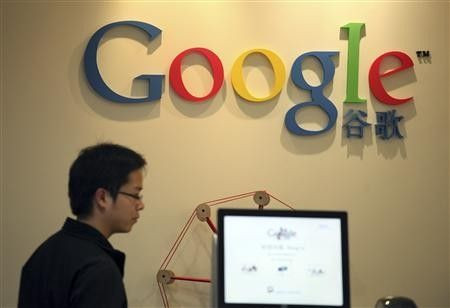Google’s Gmail new anti-phishing feature may attract more users

Increasing cyber attacks in recent months have led Google to add an anti-phishing feature in Gmail that automatically displays the sender’s address for some messages.
Last month and earlier this month, Google disrupted aggressive phishing activities that were targeted to stealing Gmail accounts from U.S. government officials, Chinese political activists, South Korean officials, military personnel and journalists.
Starting Tuesday, Gmail users can see the sender's email address on all messages from people the recipient had either not sent mail to or were not in his contact list on the message header. The sending address of a third-party firm such as email marketing bulk mailers who send messages for their retailers will also be automatically displayed.
Before the feature was added, Gmail users had to manually click on a show details link in the email service's interface to see the sender’s address. But the new feature is designed to help users easily spot suspicious messages that try to hoax the users into divulging their Gmail login access or other personal information.
According to Gmail support site, Gmail will also boost security on identified contact list by not showing the full address of a sender once the recipient communicates with the sender, either by replying to emails or adding the address to Gmail's contact list.
As long as other Web mail services do not have the similar feature, Gmail may attract more users with its strengthened anti-phishing feature.
[Read More] Google+ Threatens Facebook, China and Google: True or False?
[Read More] Introducing 'Circle Hack': Now Facebook takes inspiration from Google+?
© Copyright IBTimes 2025. All rights reserved.





















